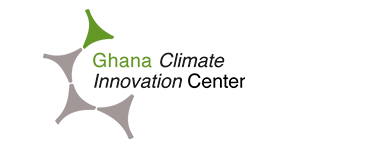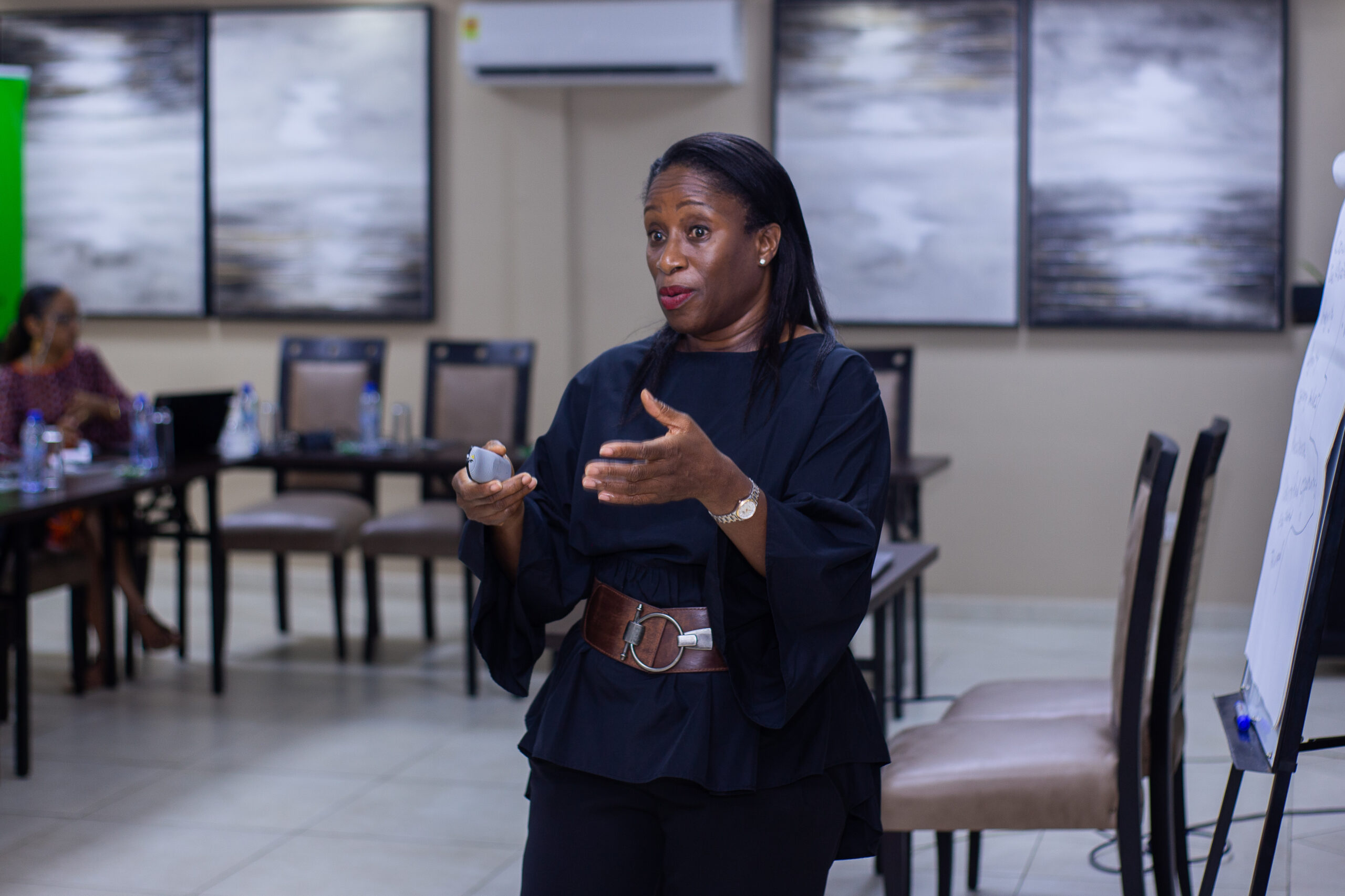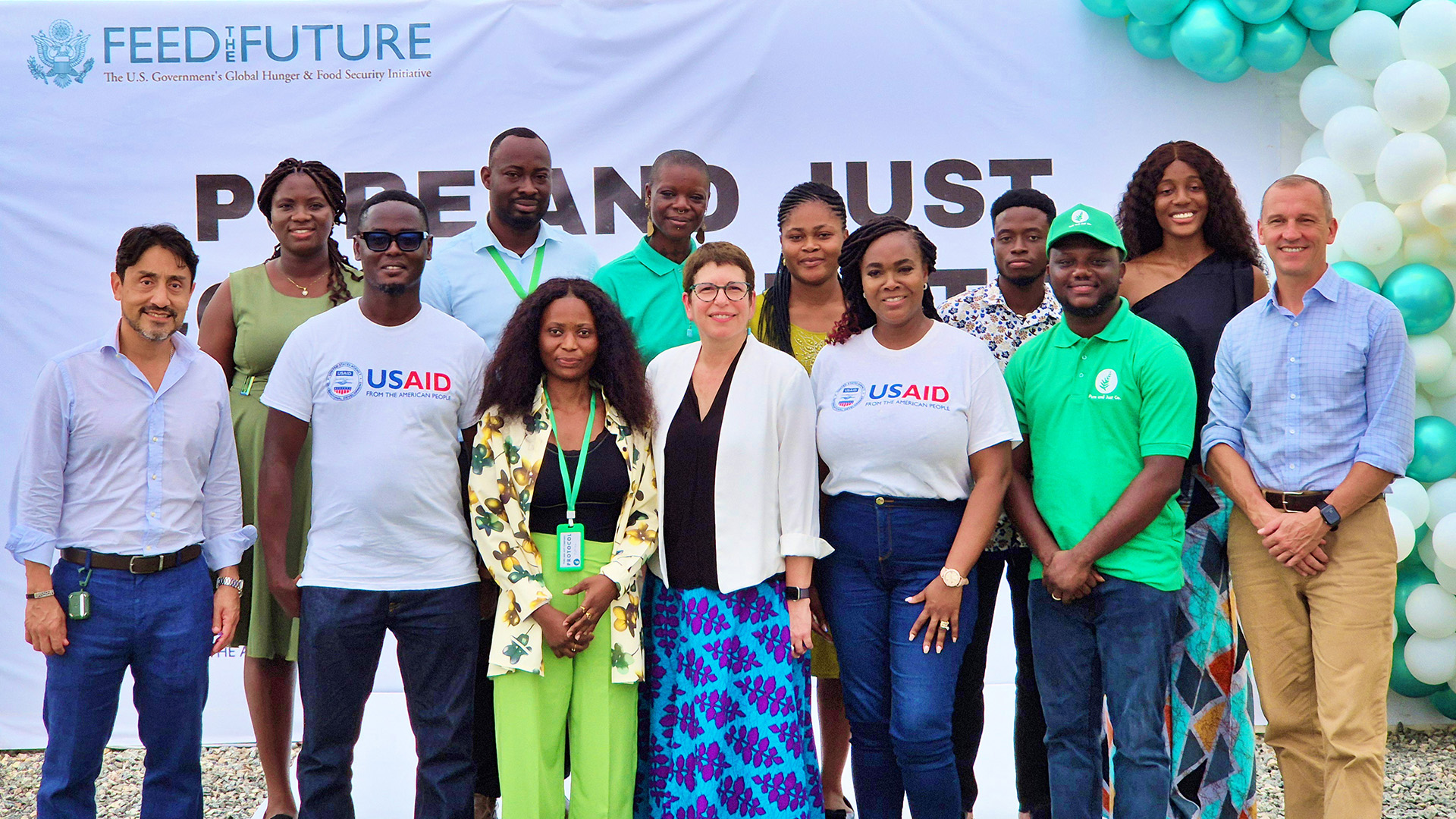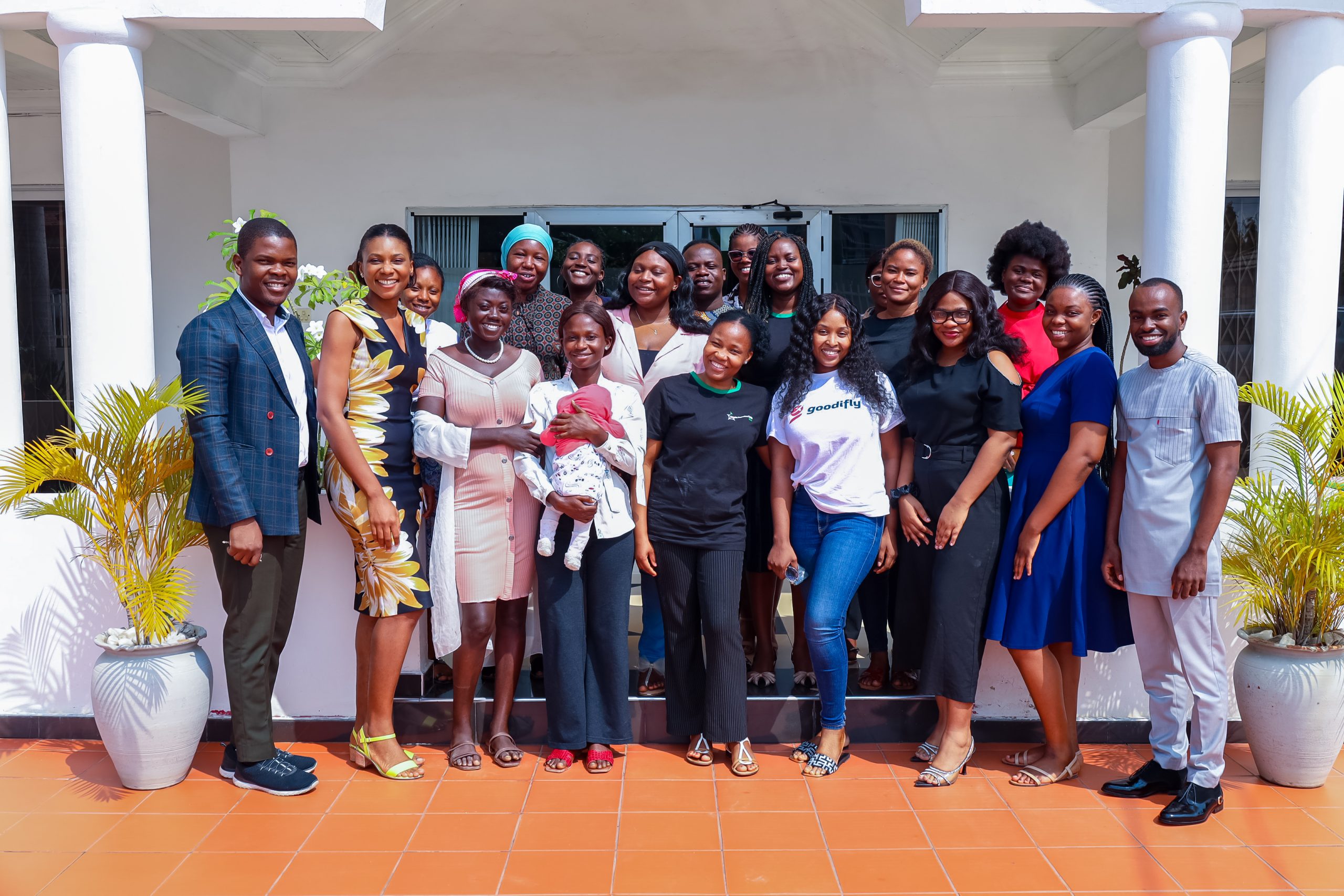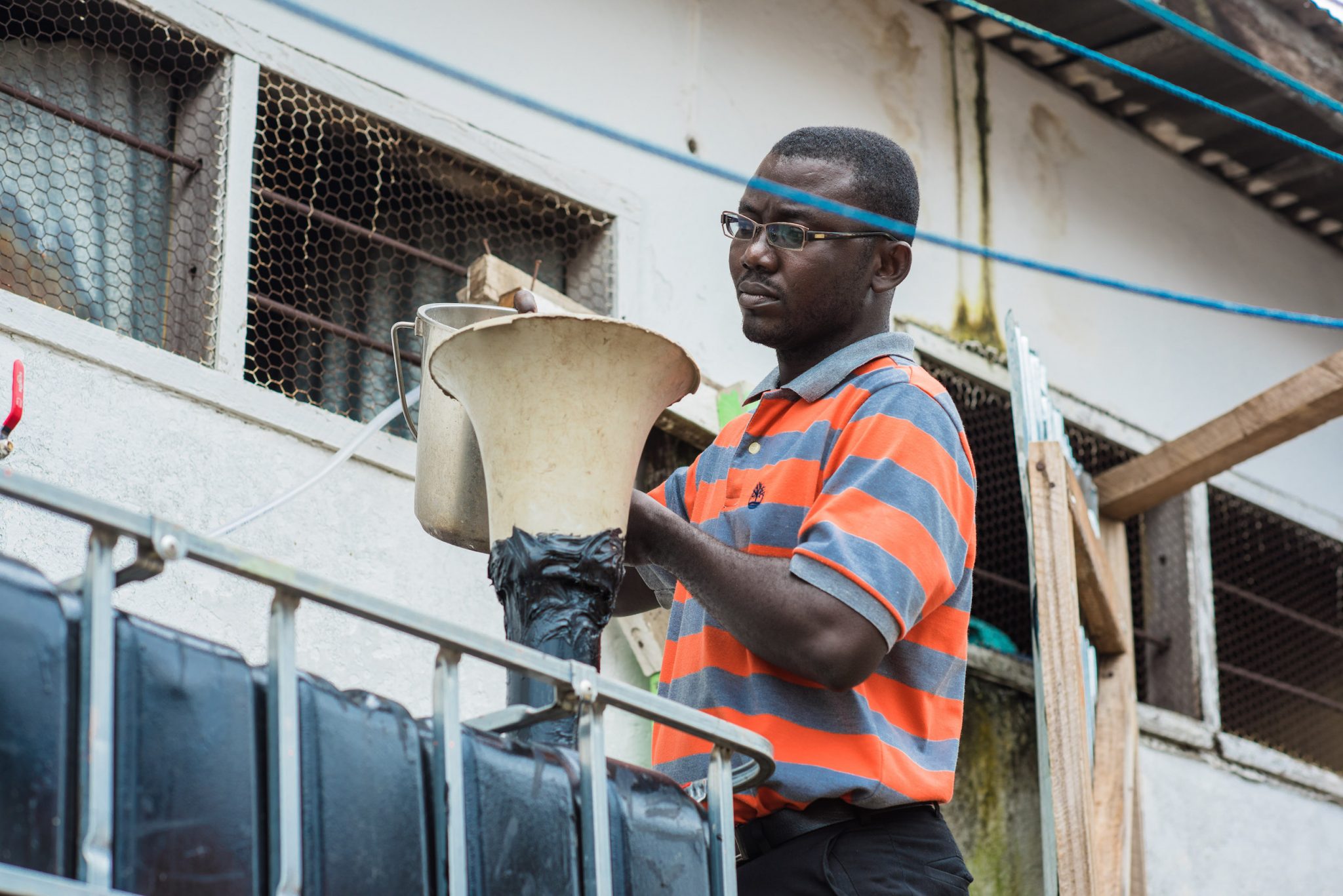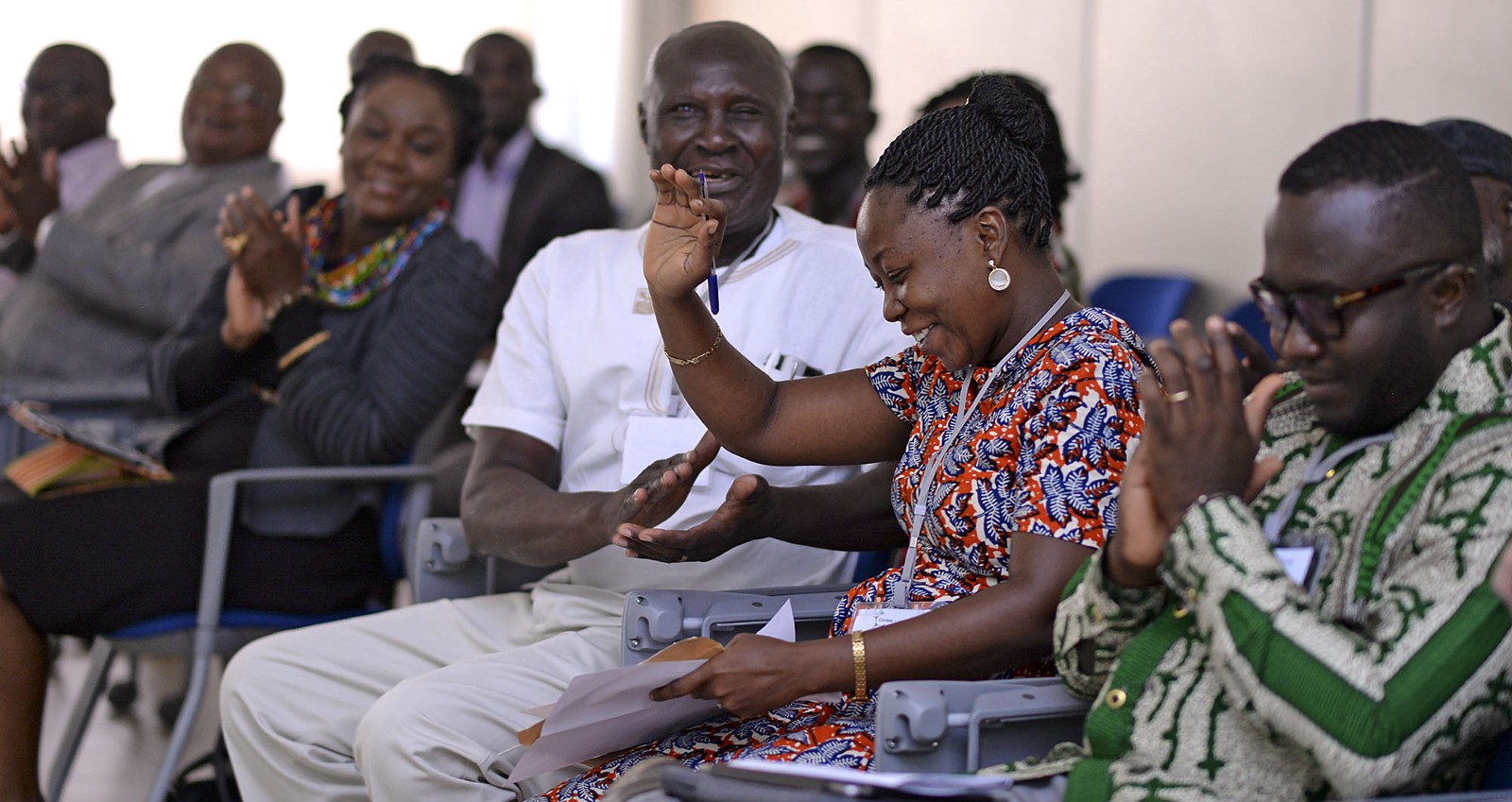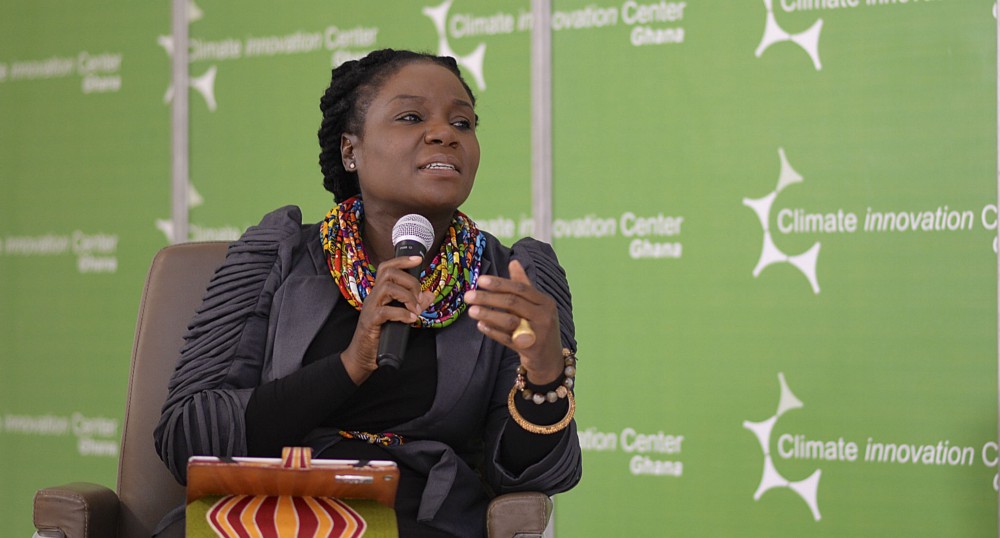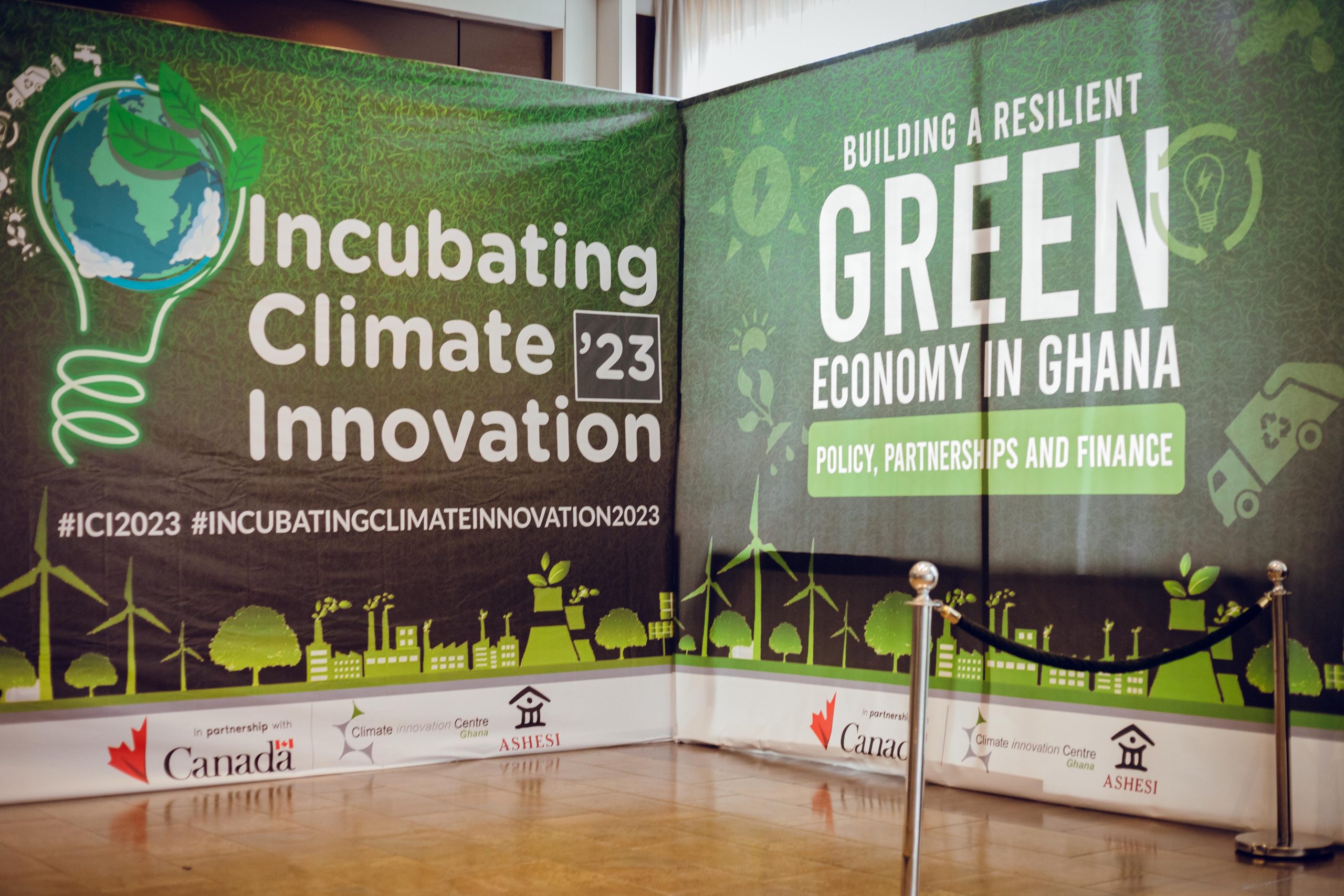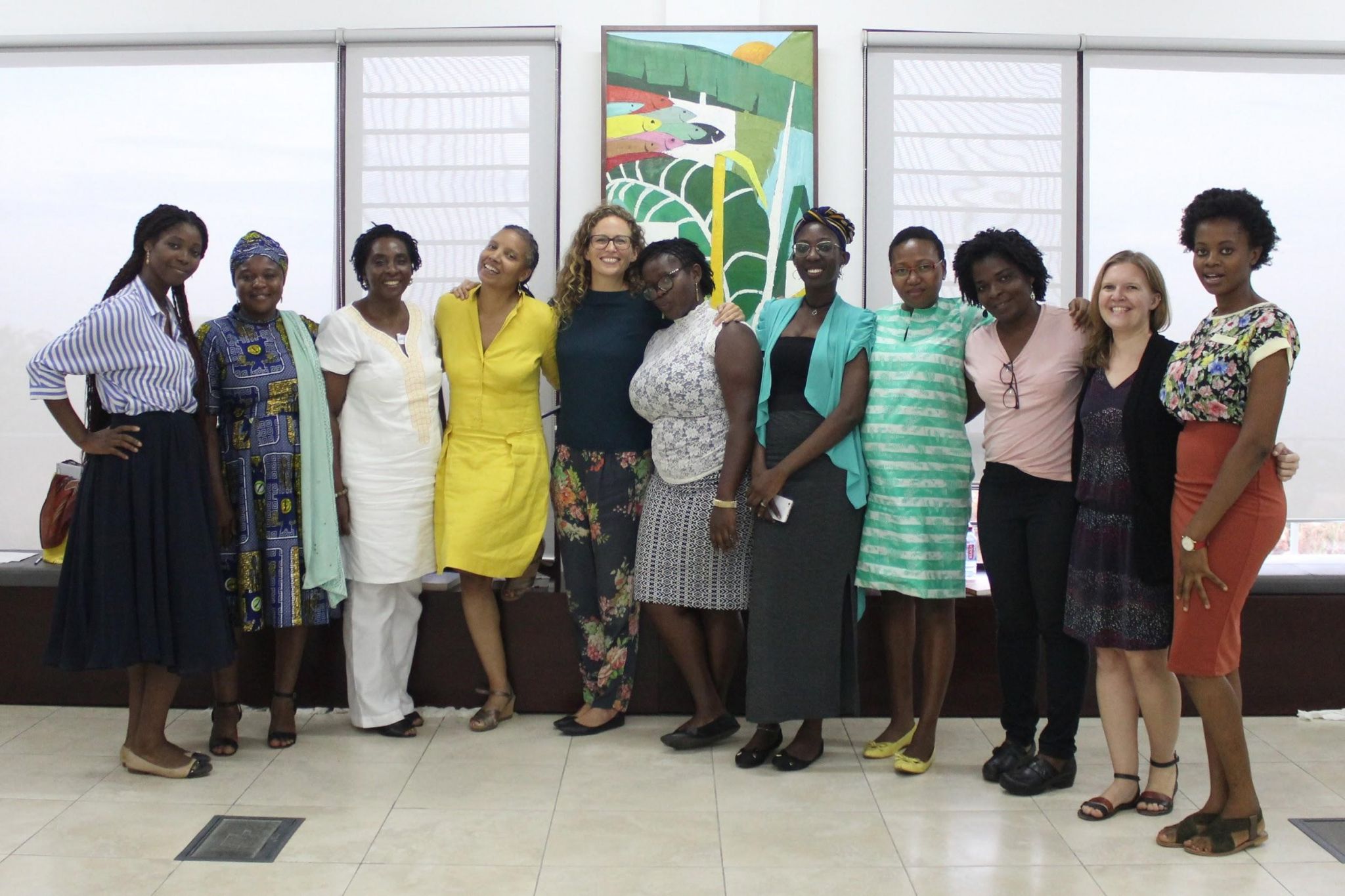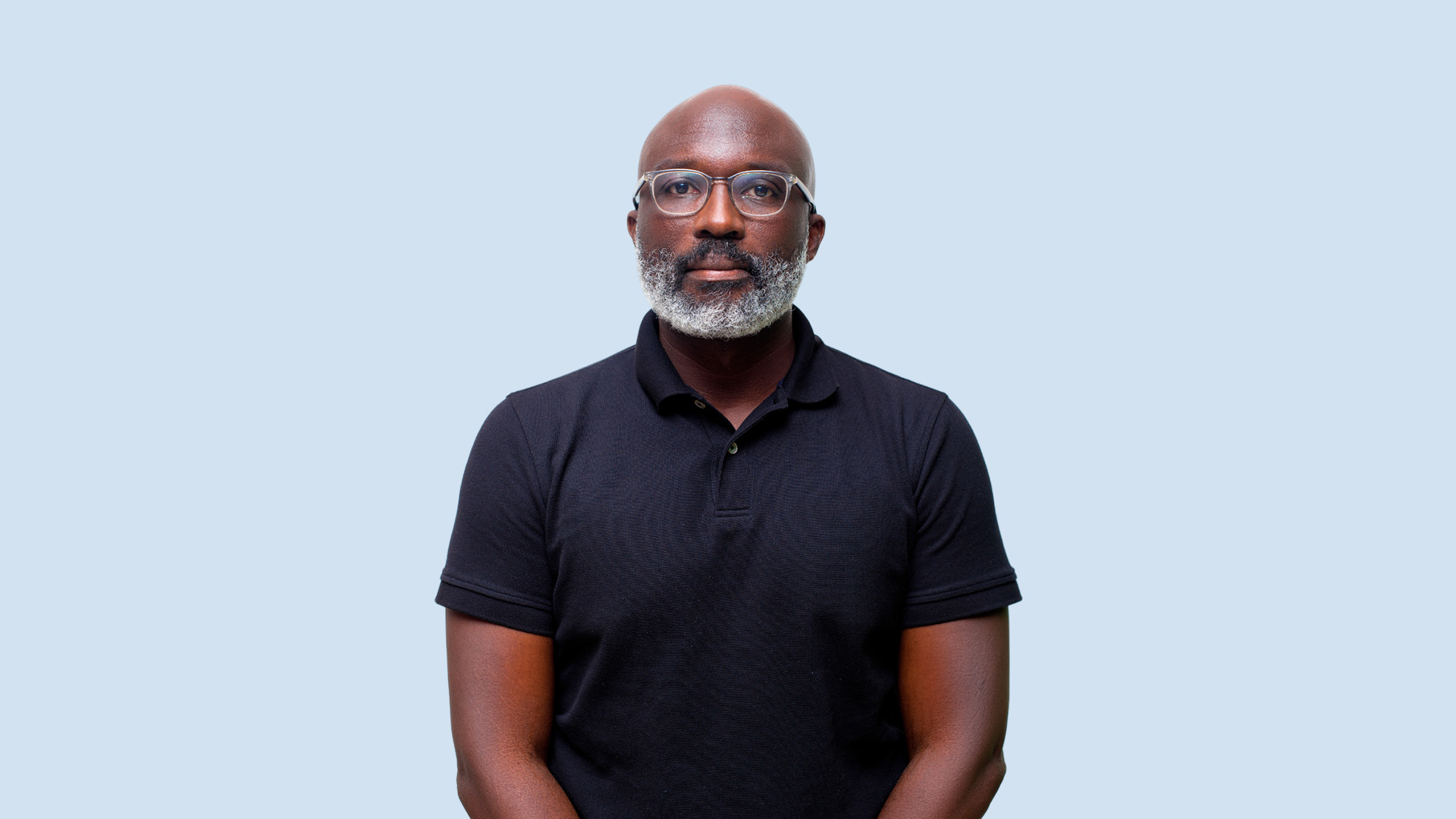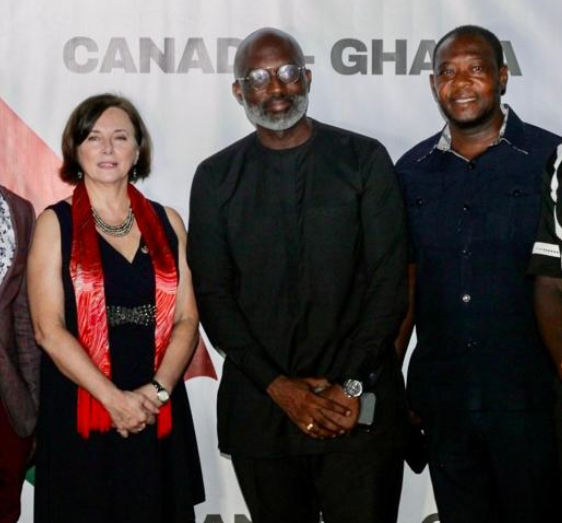Written By Dr. Amanobea Boateng, Gender Consultant for GCIC
World Mental Health Day was on 10th October 2023. The objective of the commemoration is to raise awareness of mental health issues around the world and mobilise efforts in support of mental health.[i] Fittingly that very week, on 8th and 9th November, Ghana Climate Innovation Centre (GCIC) held a two-day Women Entrepreneurs Transformation Programme (WETP) workshop with the theme “Self- Balance: Work + Life (Not forgetting Self)”. The WETP reflects the importance GCIC places on creating gender balance. Specially curated workshops support women entrepreneurs with their unique blend of needs arising from business as well as sociocultural gender responsibilities and challenges. The programme is designed to enhance women’s impact in business, leading to more equitable outcomes with their male counterparts.
The WHO defines mental health as ‘a state of mental well-being that enables people to cope with the stresses of life, realize their abilities, learn well and work well, and contribute to their community. It is an integral component of health and well-being that underpins our individual and collective abilities to make decisions, build relationships and shape the world we live in. It is a basic human right and crucial to personal community and socio-economic development. It is more than the absence of mental disorders’.[ii]
Mental health is therefore integral to whole-person health and fundamental for human fulfilment and wellness. Unfortunately depression is the number one cause of disability globally and particularly in poorer African countries, with women being the predominant sufferers. The following facts provide some perspective:
- 75% of mental health sufferers in low-income African countries do not have access to care. [iii]
- Demand for mental health care is increasing in Africa, especially among vulnerable groups like women.
- In most of Africa, less than 1% of budget is allocated to mental health care.
- Africa has 100 million sufferers of clinical depression of which 66 million are women. [iv]
- Twice as many women as men suffer from depression globally.[v]
This bleak picture is worsened by the fact that culturally, mental illness is stigmatised and considered a taboo subject. It is shrouded in mystery and superstition and associated with the supernatural and in Ghana and elsewhere the worst sufferers are often victimized by their communities. Attitudes to mental health problems range from extreme, with sufferers considered mad or involved in witchcraft, to dismissive where problems are ignored or seen as self-indulgence. The inadequacy of mental healthcare has not helped but greater awareness, more open conversations, and education globally, mean that mental health is beginning to be de-stigmatised and normalised. This has been boosted by several high-profile people on the world scene speaking openly about their mental health struggles.
For entrepreneurs mental wellbeing is particularly important because a business founder’s journey is challenging in many ways. It can be lonely, hard, time-consuming, stressful, physically and mentally exhausting and have a heavy toll on the entrepreneur. Burnout, worry, sleeplessness, and stress are just a few of the symptoms often experienced by entrepreneurs. Unfortunately sufferers do not always recognise them as signs of underlying mental health problems, which could seriously compromise their overall health if ignored. The statistics above show that women are particularly susceptible to mental health problems and this is especially true of women entrepreneurs. The multiple responsibilities. of operating a business, caring for the home and family in addition to other duties can be taxing. African women are expected to be strong, uncomplaining, and capable of carrying out all the responsibilities that come with their traditionally assigned gender roles. This results in silence, internalisation and ignoring the warning signals.
Women entrepreneurs need to be proactive about preserving their mental health through self-care strategies such as regular physical exercise, adequate sleep, meditation, and time away from work. [vi] GCIC’s October WETP workshops were key to supporting the women cohort in this regard. They provided a safe space for participants to unburden and share their challenges and learn ways to maintain wholeness and wellness in order be happy and fulfilled in their business and personal lives. Open and honest conversations lifted the lid on internalized problems that could potentially build up to a damaging breaking point. Through sharing the women were able to gain perspective on some of their biggest challenges and start seeing solutions.
In order not to lose themselves physically, mentally, and emotionally some of the key lessons were centred on the following:
- Discovering, loving, and accepting yourself.
- Knowing who you really are.
- Improving your health to achieve success.
- Remembering to pause and reset.
- Mental and physical health to a happier you.
- Loving yourself, pouring into oneself before you can pour into others.
- Managing work / yourself / family.
- Living with Purpose.
- Planning Your Day for success.
- Asking for help.
- Finding strength to say no.
- Prioritising your life.
A particularly valuable result of the workshops was that by reflecting and confronting who they really are and talking about it, participants felt revived, and their loads lightened. Prior to this many had not realized the positive impact of speaking about their issues. Each person realized the importance of taking charge of the quality of their own lives by investing in themselves.
By highlighting the mind-body connection for overall health and the importance of being proactive, workshops like this are an important step towards normalizing conversations on mental wellbeing.
[i] https://www.who.int/campaigns/world-mental-health-day
[ii] . https://www.who.int/news-room/fact-sheets/detail/mental-health-strengthening-our-response
[iii] https://www.rand.org/pubs/commentary/2015/03/mental-healthcare-in-sub-saharan-africa-challenges.html
[iv] https://www.weforum.org/agenda/2021/08/4-facts-mental-health-africa/
[v] Ngcobo M, Pillay BJ. Depression in African women presenting for psychological services at a general hospital. Afr J Psychiatry (Johannesbg). 2008 May;11(2):133-7. doi: 10.4314/ajpsy.v11i2.30266. PMID: 19582332.
[vi] https://www.linkedin.com/pulse/struggle-real-female-entrepreneurs-mental-health-diann-wingert/
